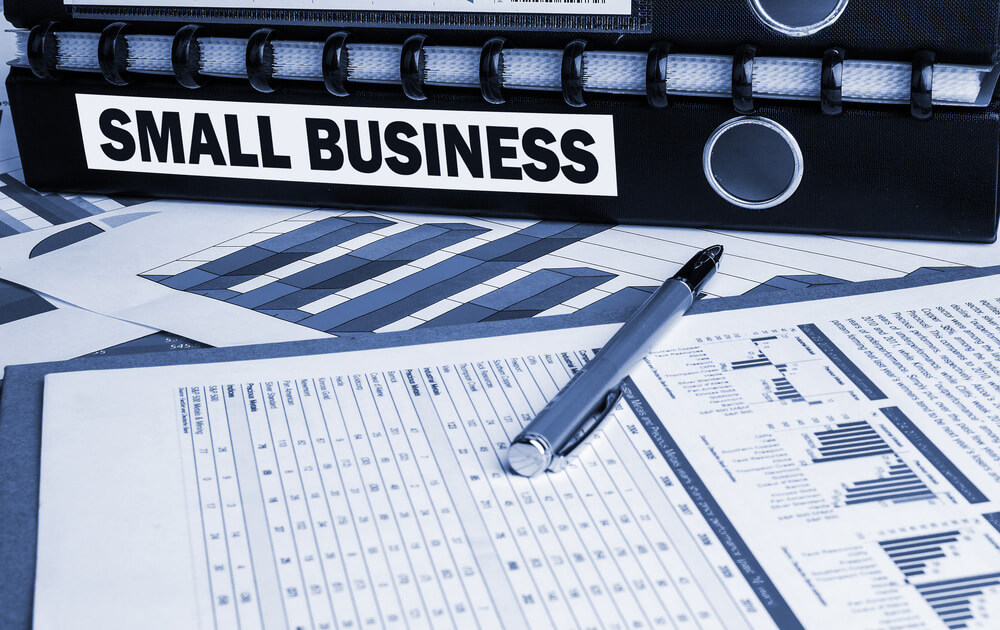Dear Gini:
I am a risk manager, and my company just added small business lending to my consumer credit group. My underwriters are experts when it comes to making decisions about consumer applicants. We also have a good installment loan scorecard built for consumer lending. Now that we’re entering the small business lending arena, I have a few questions I hope you can answer.
What are the most important financial characteristics we should consider when making decisions about small business applicants? Can I use my installment loan scorecard in our small business decision-making process? Is there enough data to build a custom scorecard?
Yours truly,
New to Small Business Lending
——————————————-
Dear New to Small Business Lending,
So, did your company increase your salary to compensate you for your new responsibilities? But seriously, this is great news! Your group’s consumer underwriting experience will serve it well with its new small business applicants.
Keep this in mind. Small business lending is not like commercial lending only smaller, rather it’s more like consumer lending only a little bigger. Kind of like Goldilocks and the Three Bears – not too big, not too small, just right.
In an ideal world, you would not use a consumer scorecard on small business applicants, even if the products were the same. There are simply too many other data elements specific to small businesses that should be considered. However, we don’t live in an ideal world and many small business bankers (particularly those who are new to small business banking, such as yourself) don’t have sufficient data to build a small business specific scorecard. The good news is that you have some options to consider. You can choose to validate your consumer scorecard on your small business portfolio and use additional business characteristics to create strategies that are more focused on the small business borrower. You could use a pooled scorecard, if available in your region—one build by a vendor using data from multiple small business bankers. Or you could build an expert scorecard using characteristics and business acumen. Regardless, any of these options require that you validate the scorecards to be used, initially and at least annually, or when data are available. This validation helps you know what is working and where deficits might exist. These deficits can be corrected through analytics and strategy modifications..
Experts have been extensively researching what information is useful in evaluating small business credit applicants since Moby Dick was a minnow. Comparisons between personal (consumer) and strictly business related information have also been made and validated. Researchers evaluated the following individually…
Business information, such as:
- Years established
- Financial ratios
- Inventory analysis
Consumer information on the owner (or owners) of the business, such as:
- Credit bureau scores
- Personal debt ratio
- Credit history
They also evaluated personal and business data elements in combination. For example, they looked at the total debt of the business and its owner or owners. The biggest challenge facing the researchers (other than the fact that they were probably nerds) was finding the unique combination of information that is best for determining risk levels.
What these super smart guys and gals found is that there is a direct relationship between the size of the business and the usefulness of the data elements. Here’s an example. A small business has seven employees and does 5 million a year in turnover. What do you think the key data element to consider should be? Ding, ding, ding, ding! You’re correct if you said financial ratios of the business.
The smaller the business and the smaller the exposure, the more important the owner’s personal credit becomes. For example, personal credit history may be the key information for evaluating a small business application when the owner lives in the apartment over his shop.
Predictive modeling has played a major role in helping small business lenders improve their credit-granting decisions for many years. Small business models have been honed over the years. If you’ve been paying attention, then you shouldn’t be surprised to hear the best models include a mix of information from both the business and the personal (owner) sides.
For more information on training for Small Business Lending, visit: CreditLab: SME Fundamentals, LendingLab SME, CreditLab: SME
Good luck,
Gini
Are you a Risk Manager and have a question about Small Business Lending? Perhaps we could help… Contact us or write to Ask Gini and we will help guide you to some answers…

Ask Gini Terms
Content provided in this blog is for entertainment purposes only. Ask Gini blogs do not reflect the opinion of BankersLab. BankersLab makes no representations as to the accuracy or completeness of information in this blog. BankersLab is not liable for any errors or omissions in this information nor for the availability of this information. These terms and conditions of use are subject to change at anytime and without notice.


